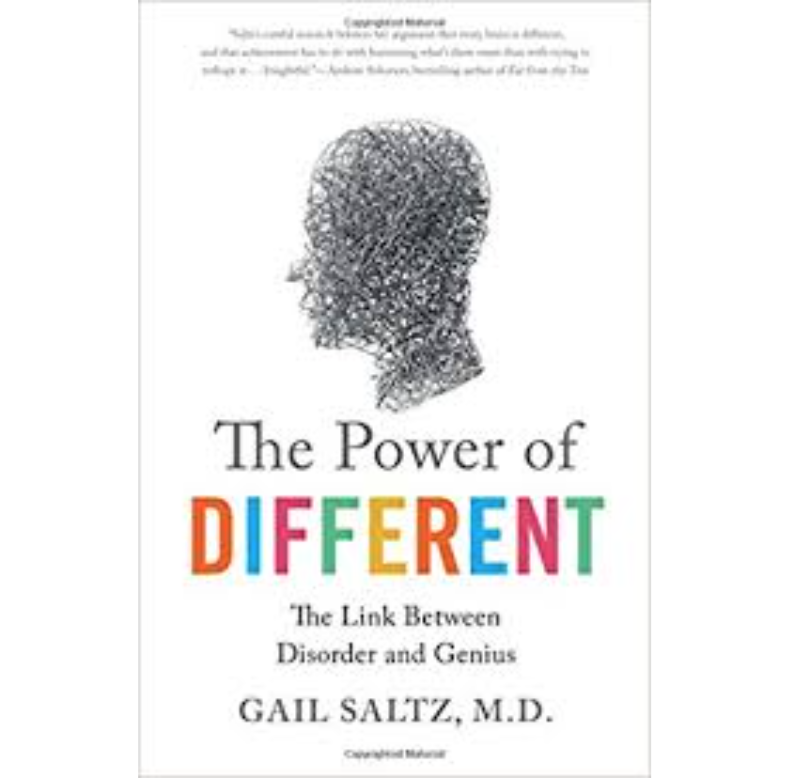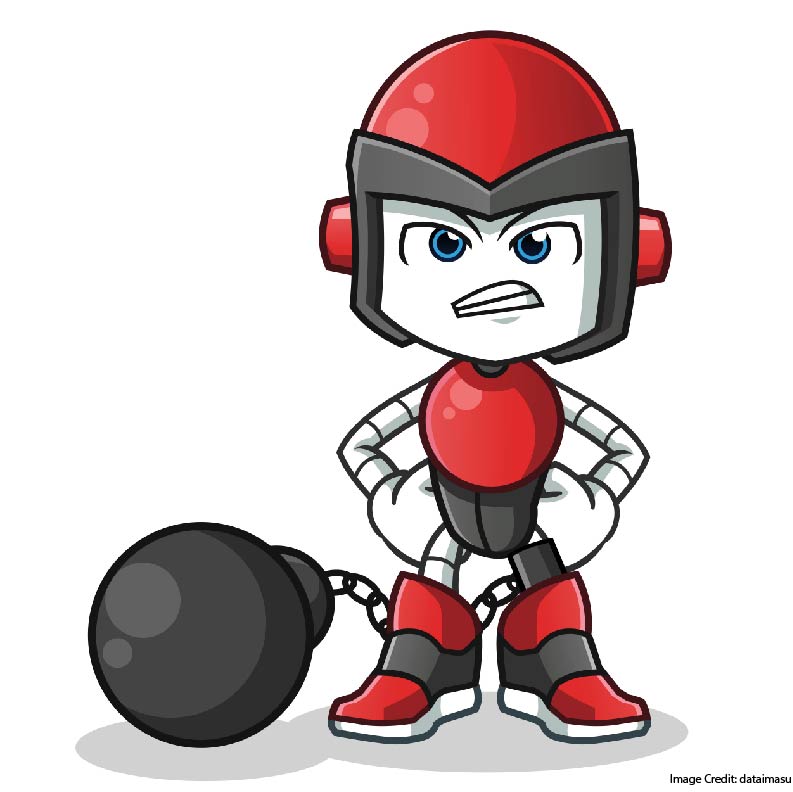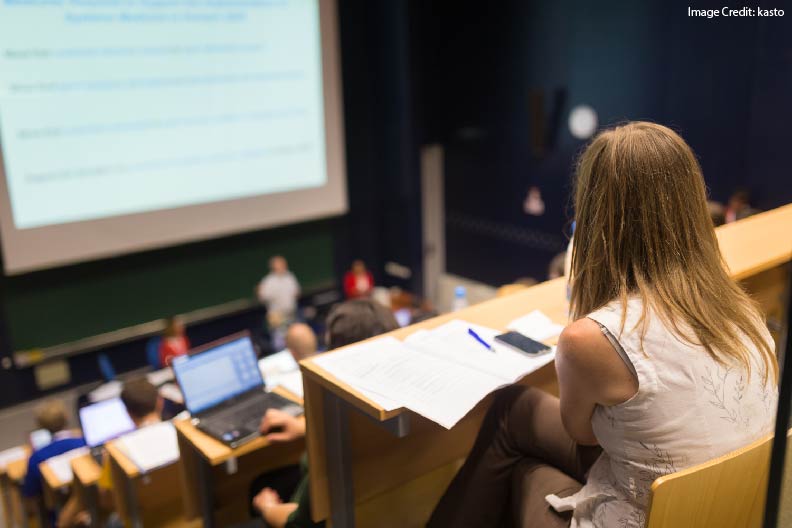Learning and the Brain Blog
Yong Zhao, University of Kansas Professor of education, has published...
When teachers question guidance offered by outside research experts, we...
Over at Teacherhead, Tom Sherrington has gathered more than a...
Head Start programs prepare young children -- especially those from...
Many educational fads ask teachers to sort our students into...
Why do chess experts win more chess matches than novices?...
Teachers who want to shape our practice with research find...
Do hard-to-read fonts improve learning? The answer is: that's the...
Some researchers say that mind wandering is "just fine." Others...
At one of the first Learning and the Brain conferences...
Gail Saltz, author of The Power of Different: The Link...
I've posted a good bit recently about the dangers of...
Some study habits have been shown to work in psychology...
Recent research offers a helpful insight into adolescent emotion processing....
When teachers contemplate asking students to take longhand notes, we...



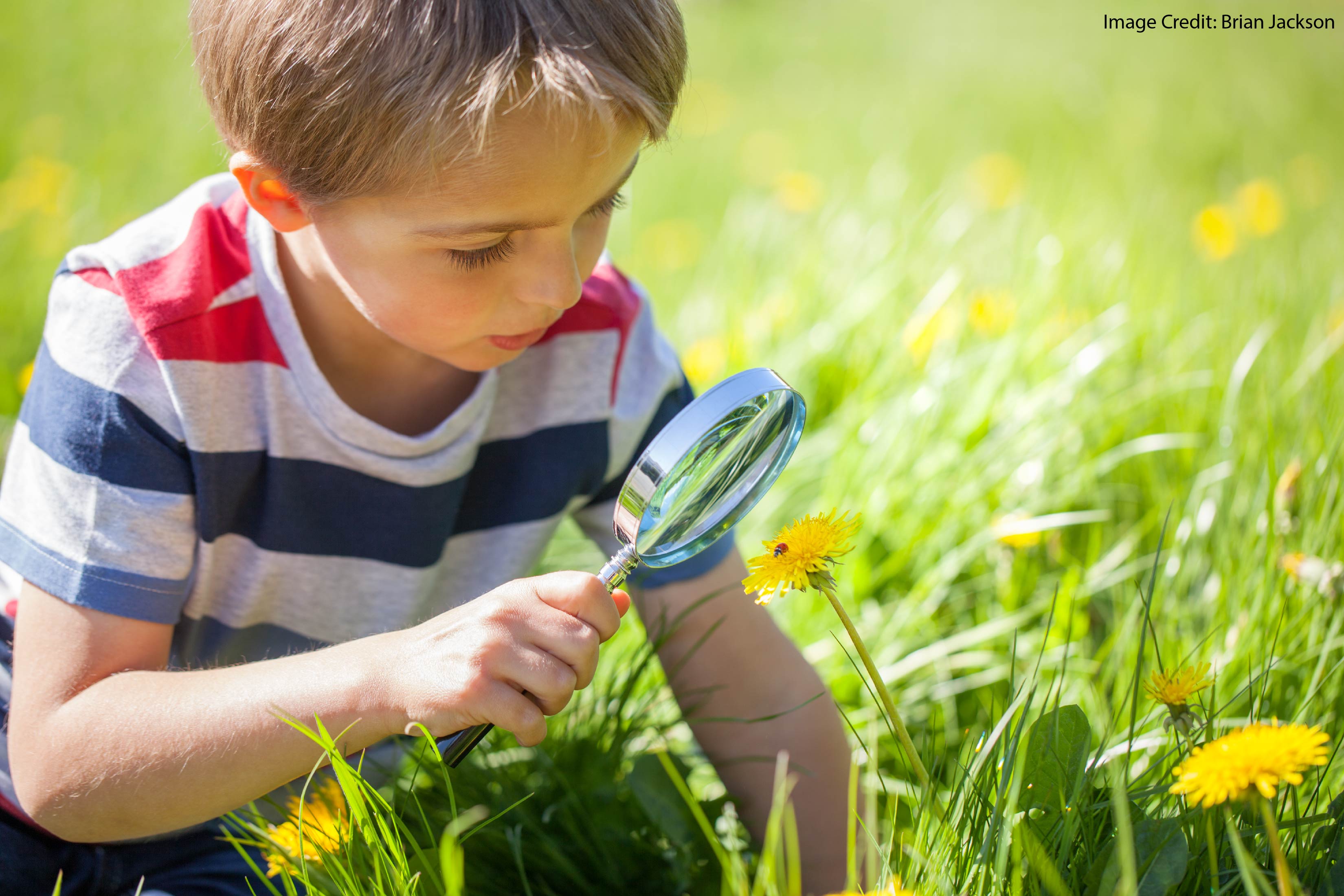

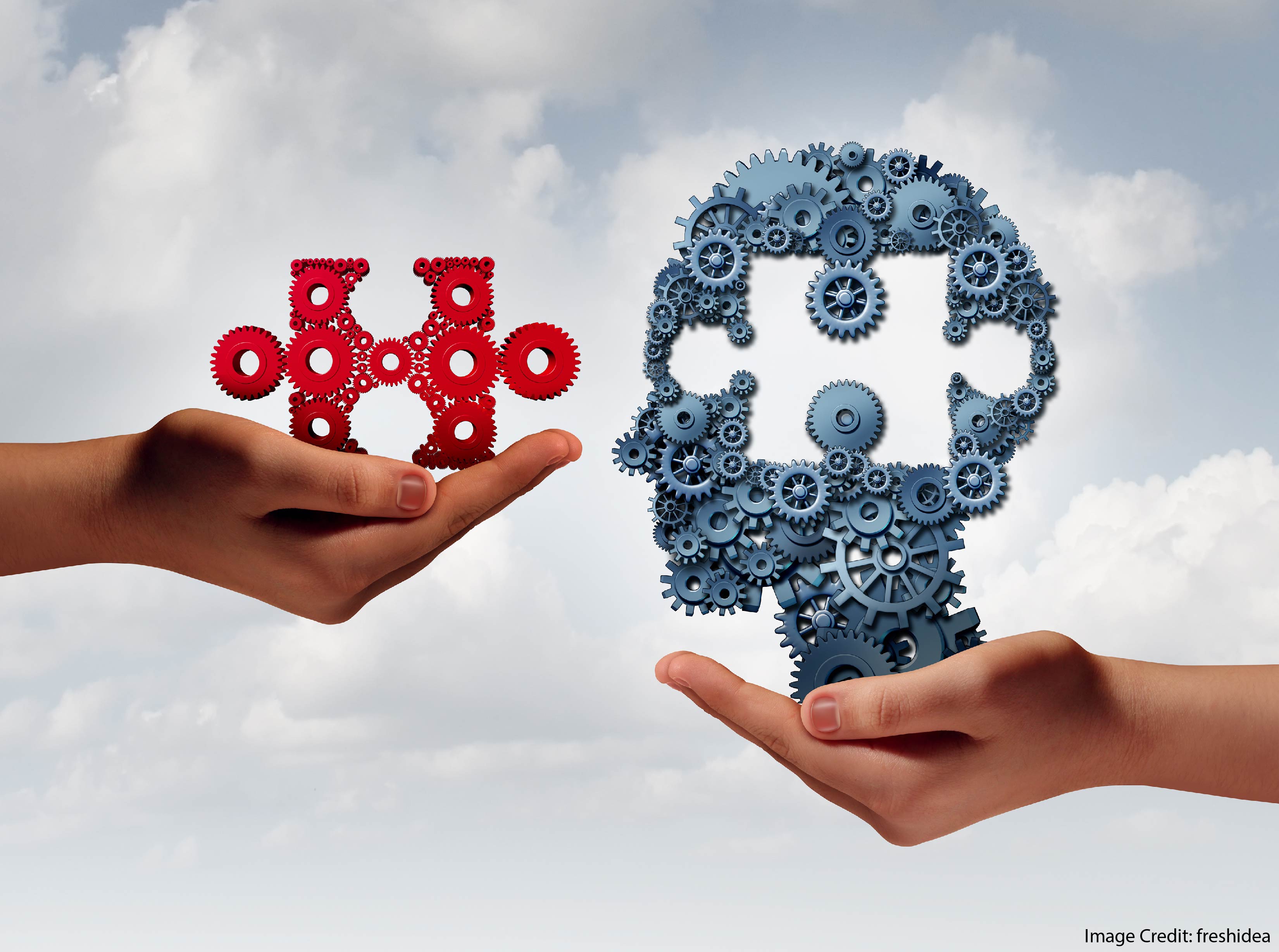
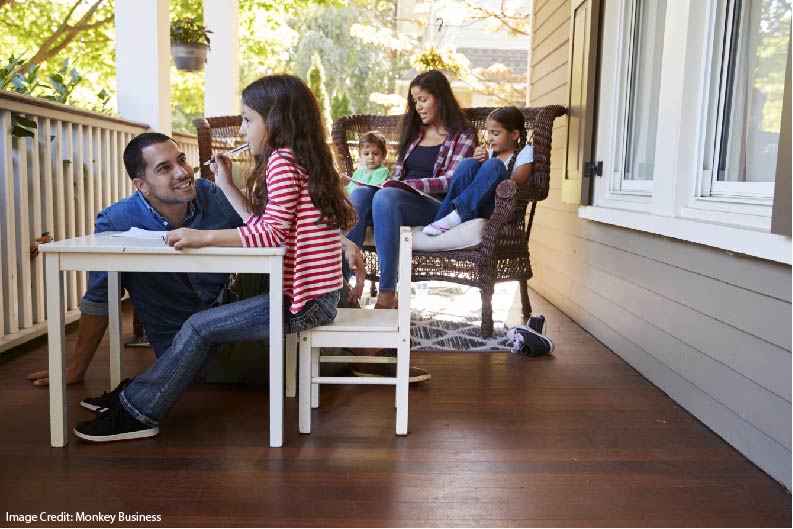
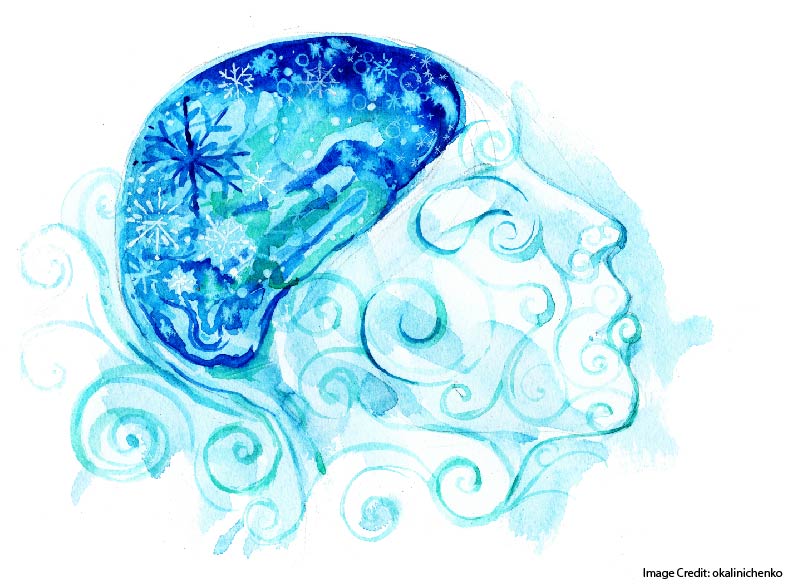
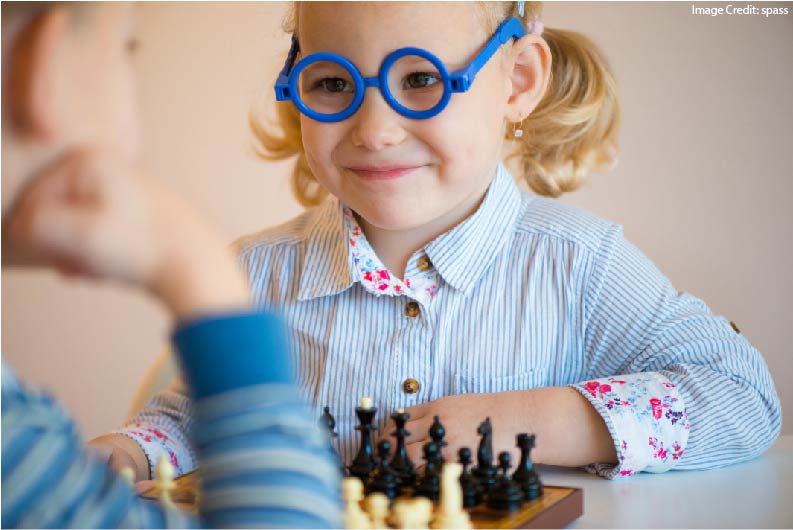
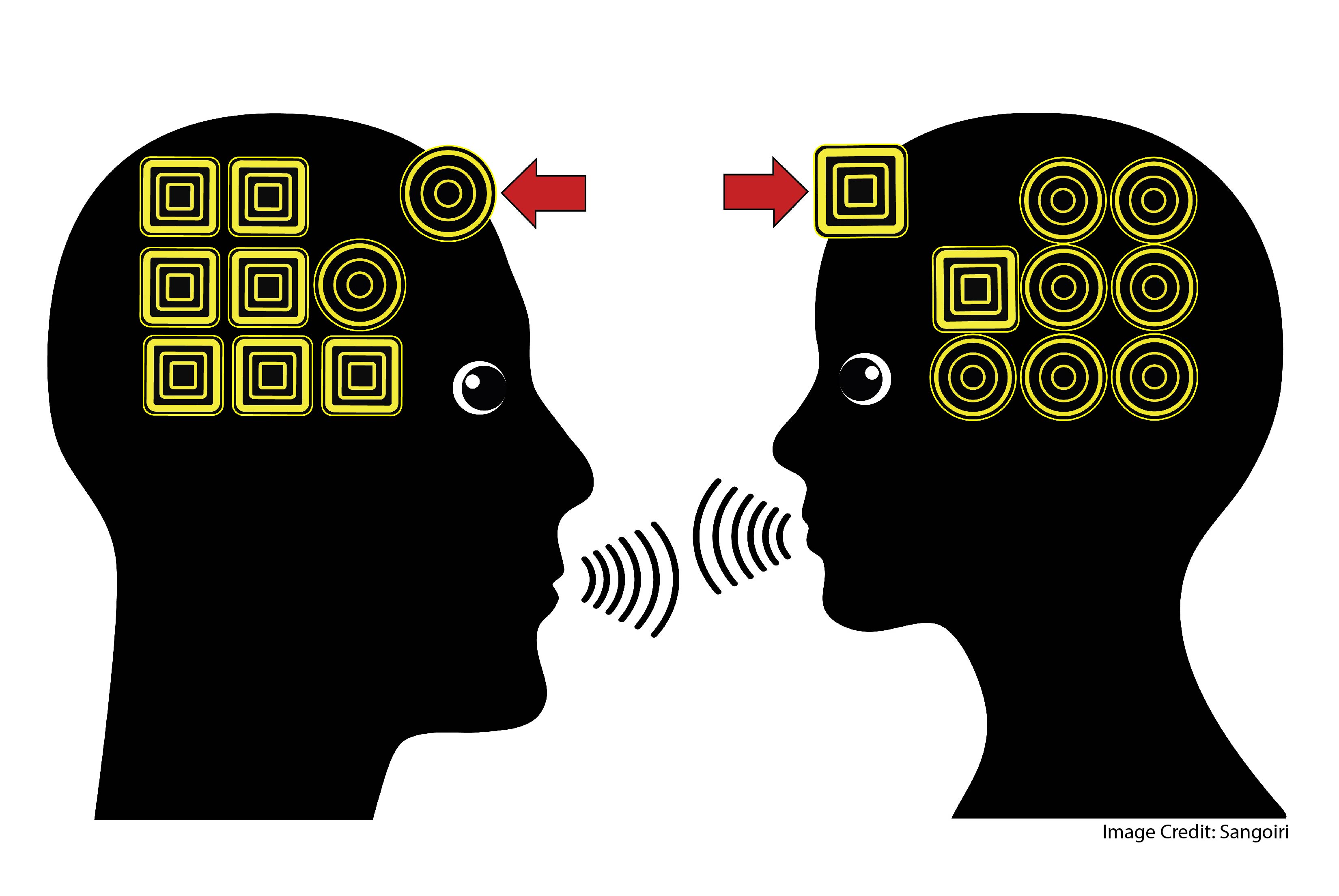


![Just Not a Useful Debate: Learning Styles Theory [Updated]](https://www.learningandthebrain.com/blog/wp-content/uploads/2018/06/AdobeStock_49195554_Credit.jpg)
